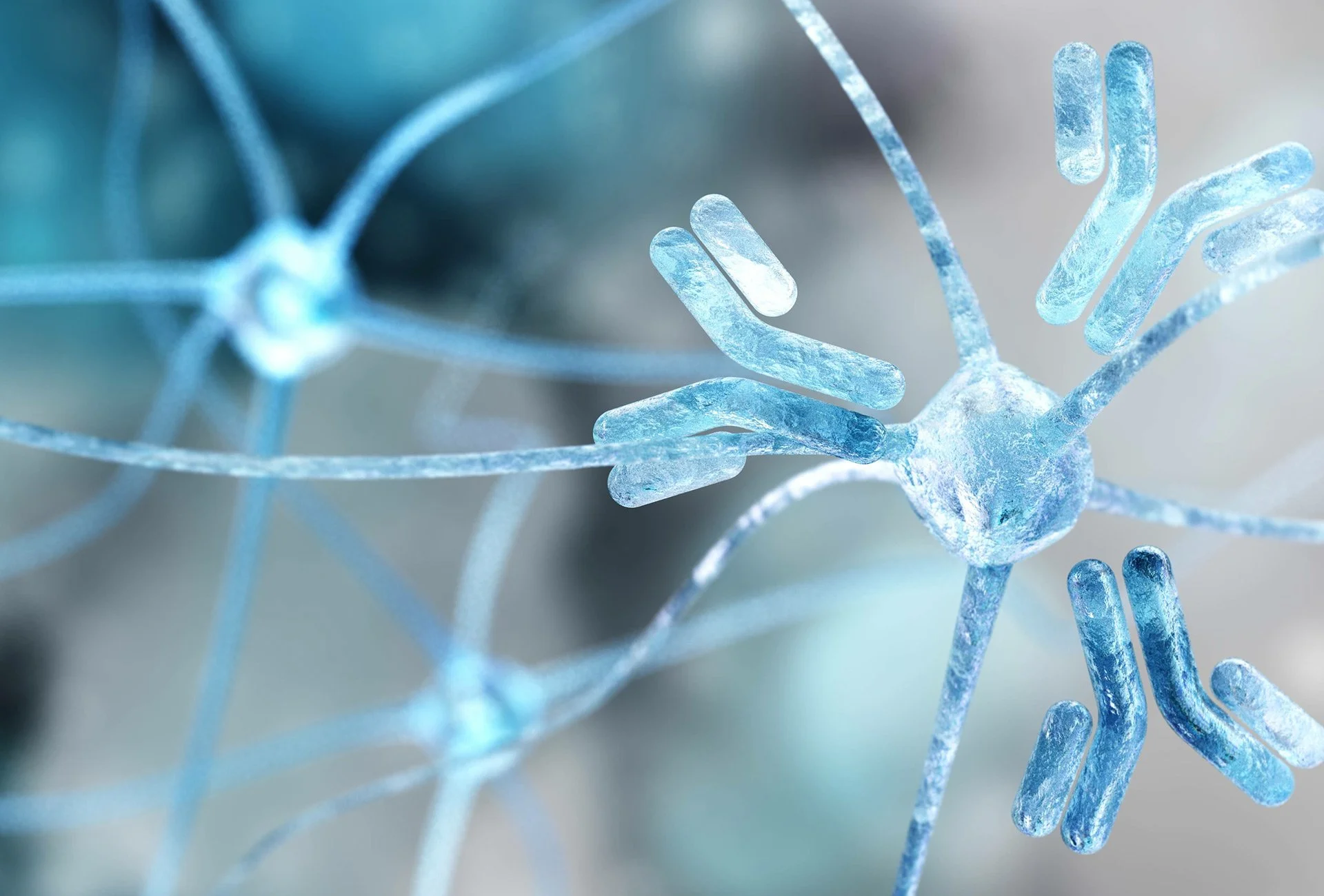
Our Science

Infectious diseases never went away. Viral diseases remain a major cause of morbidity and mortality worldwide, with pandemics remaining a constant threat, and virus evolution meaning existing pathogens are evolving continually to escape immune responses, lessening the efficacy of licensed vaccinations.
Viruses often exact their most harm on people with poorly functioning immune systems (ie immunocompromised populations). Immunocompromised populations may include new-borns (immature immunity), people with specific genetic immunodeficiencies, people undergoing chemically induced immune ablative therapies (e.g. cancer and transplant patients) and the elderly (immunosenescent). These are the people we seek to serve.
Our solution
After years of R&D it is now clear that monoclonal antibodies are crucial components of a modern medical approach to reducing morbidity and mortality from virus infections. Vaccines or infection induce the body to produce a diverse range of antibodies and cells to protect from infection and reduce disease severity. Highly potent monoclonal antibodies are a small component of all the antibodies produced by the body. By discovering these potent antibodies, manufacturing them, and delivering them as a small injection, RQ Bio can produce instant, highly potent protection from infection and thereby limit disease severity.
Our Approach
Our approach works at three levels. Firstly, immunization with stabilized virus receptor binding proteins, selected from appropriate points in virus evolutionary diversity, allows the antibody arm of the immune system to focus on virus proteins that are more vulnerable to attack. RQ Bio uses its knowledge of virus evolution to select the right virus proteins for immunization.
Secondly, discovering binding antibodies following immunization or from convalescent patient blood samples is now routine. But finding the most potent and resilient natural human antibodies, that do not need further improvement, is harder. Antibody epitopes that are more resilient to virus antigenic evolution are identified from RQ’s analysis of virus evolution and deep mutational scanning, thereby focusing our antibody screening and discovery on only potent and resilient antibodies.
Finally, much work on monoclonal antibodies against virus infections shows that in vitro neutralization potency and ordinary antibody pharmacokinetic profiles can accurately predict in vivo potency. RQ Bio uses its deep knowledge of appropriate neutralization assays and antibody developability to select our best leads.
